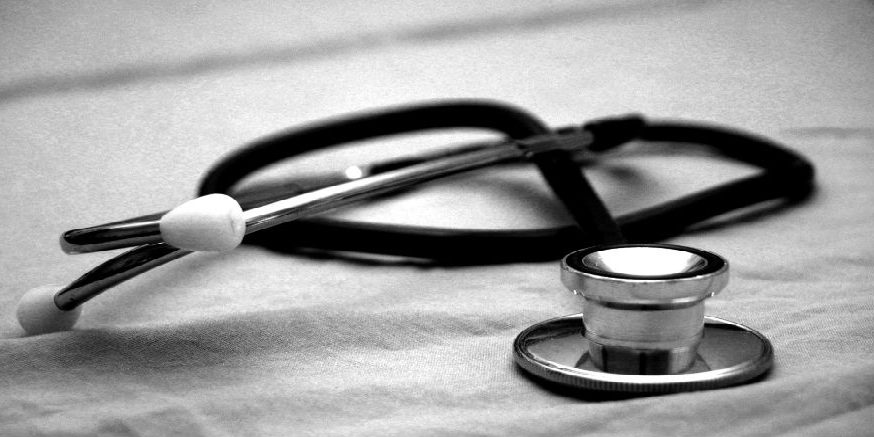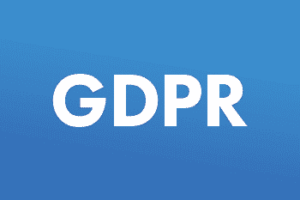Machine learning has the potential to transform the healthcare industry, which routinely deals with large volumes of data, probabilities and real-time data streams from wearable sensors, along with other monitors and equipment. This technology can help us process and make sense of the data, which may then be used to improve patient care in significant ways. From improved treatment efficacy to greater insight into a patient’s condition and even reduced healthcare costs, machine learning will almost certainly prove to be a game changer for the health and wellness industry.
Monitoring and Biosensor Data
Monitoring equipment and biosensors can provide physicians with extremely valuable information about a patient’s condition. This data, in turn, can be used to improve the diagnostic and treatment process.
For example, machine learning technology can work in conjunction with a predictive analytics engine to make adjustments (or offer recommendations for adjustments) during a medical procedure. These proposed alterations would be based on an analysis of the patient’s actual data, historical data and large volumes of data collected from other patients.
In addition to optimizing a patient’s healthcare, it’s also conceivable that we may soon see more continuous monitoring equipment and sensors. Many of today’s biosensors collect data at regular intervals due to the fact that most modern interfaces are not equipped to handle the large volumes of data that would arise from continuous monitoring over long time spans. But machine learning can be used with predictive analytics to process data and make adjustments or recommendations that will improve the patient’s experience. A real-life example might be an IV pump that is used in conjunction with biosensors. This technology could be utilized to monitor the patient’s condition and then, the IV pump could adjust the medication dosage and flow rate in a manner that improves the treatment. This technology could certainly be configured to work with a mobile app that allows nursing staff or physicians to approve and monitor dosage changes, if necessary.
Using Machine Learning Mobile Apps for Diagnostics and Lab Work
In some cases, a diagnosis is very apparent. Some diseases and conditions can even be diagnosed with a single and definitive test. But for a vast majority of ailments, arriving at the correct diagnosis is a continual struggle to some degree. Physicians must call upon their schooling and in-the-field experience to make a definitive determination, and there is always room for error, as it’s a highly subjective process. Machine learning could eliminate this subjectivity by identifying signs, symptoms, trends and patterns that a human may not notice. It’s likely that machine learning will also reveal new signs and symptoms that were not previously associated with specific ailments. This technology can be easily integrated with a mobile app to provide physicians and nurses with the ability to diagnose in the field.
Such capabilities are particularly relevant for a diagnosis that may arise from continuous monitoring with various biosensors; machine learning could pinpoint trends that are associated with a particular condition. In short, machine learning will be combined with technology such as predictive analytics to improve overall diagnostic accuracy. The end result will be a more positive patient experience and reduced healthcare costs since you could prevent patients from receiving less-than-ideal therapies or medications.
We could also see faster diagnoses for rare diseases. For some of the rarest conditions, a patient may spend upwards of a decade visiting different physicians and specialists in search of a definitive diagnosis. In thousands of other cases, patients suffer unnecessarily for years or decades due to a misdiagnosis. Machine learning will result in more efficient data interpretation, which in turn, allows for a faster, more accurate diagnosis. That spells better health and improved quality of life for thousands of people worldwide. We can also expect insurance costs to decrease since the cost of healthcare could dip dramatically with faster, more accurate diagnoses and treatments.
Personalized Therapies and Treatments With a Custom Mobile App
An increasing number of patients are now receiving treatments, medications and therapies that are custom-tailored at the genetic level. Machine learning and predictive analytics technology could be leveraged to adjust a drug formulation in real-time, based on the patient’s condition and the anticipated progression of the disease or condition.
Let’s say you’re receiving treatment for an infection. This technology could be used to blend the ideal antibiotic formulation for a specific type of bacteria and then, continuous monitoring would provide the machine learning and PA interface with the data required to administer a more effective formulation and dosage as the patient’s condition changes. The result would be a far better treatment experience since the patient would feel better, sooner. It’s even possible to integrate this technology with wearables and mobile devices for added convenience. This would allow a user to collect data on their mobile device (which can, in turn, relay data to the cloud) rather than carrying a separate monitoring unit.
A healthcare mobile app that leverages machine learning and predictive analytics technology will require some unique accommodations due to HIPAA-related privacy and security considerations. For this reason, you’ll need a development team that is familiar with the unique needs of a client in the healthcare sector. This is precisely where 7T can assist since our developers have extensive experience in the industry. We also maintain an emphasis on areas of emerging technology, from machine learning and predictive analytics to blockchain, augmented reality, virtual reality, artificial intelligence and natural language processing.
Based in Dallas, 7T works with clients throughout Texas—including Austin and Houston—and beyond. If you’re ready to discuss your project, contact our team today.









